
- Article
- Article
When the sun goes down
Despite the country’s colonial and industrial dominion, the finest minds of Victorian Britain began to fear the devastating effects of declining natural resources. Even the death of the sun.

- Interview
- Interview
Inside the minds of Teeth’s two curators, James Peto and Emily Scott-Dearing
James Peto and Emily Scott-Dearing talk visceral reactions, their interactions and object extractions.
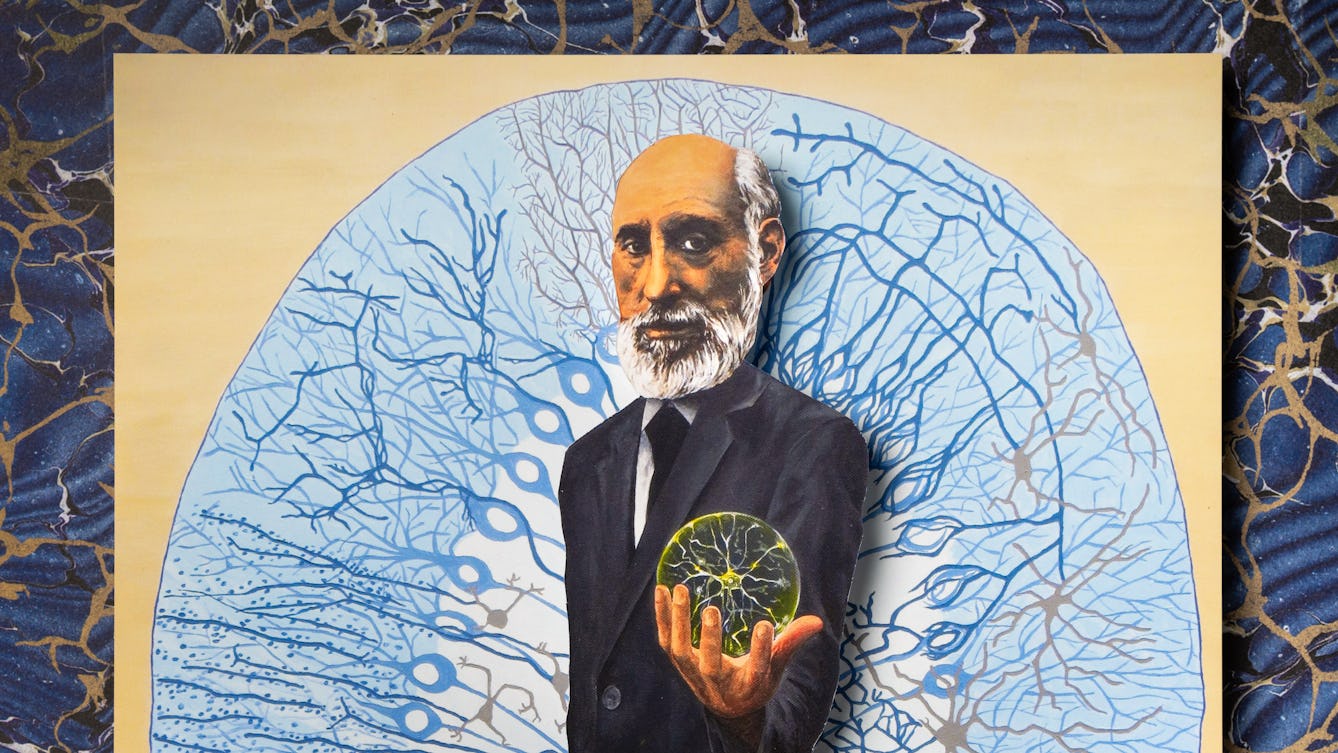
- Book extract
- Book extract
The shape of thought
Santiago Ramón y Cajal’s description of the moment in 1887 when he saw a brain cell for the first time never fails to move neuroscientist Richard Wingate to tears. Here he captures that enduring sense of wonder.

- Article
- Article
Virtual reality and the fix of the future
Virtual reality, with its complex sensory tricks, takes us beyond the real world. Find out how these potentially addictive experiences can harm us – or might even have therapeutic uses.

- Article
- Article
The secret lives of Britain’s first Black physicians
Dr Annabel Sowemimo explores the web of connections between early Black British doctors, the role of empire in West Africa and the pernicious reach of scientific racism.

- Article
- Article
Making sunstroke insanity
Medical historian Dr Kristin Hussey takes a closer look at sunstroke and mental illness, and how, in the late 19th century, they connected at the crossroads of colonial science and the idea of whiteness.

- Article
- Article
Daria Martin on ‘Sensorium Tests’ and ‘At the Threshold’
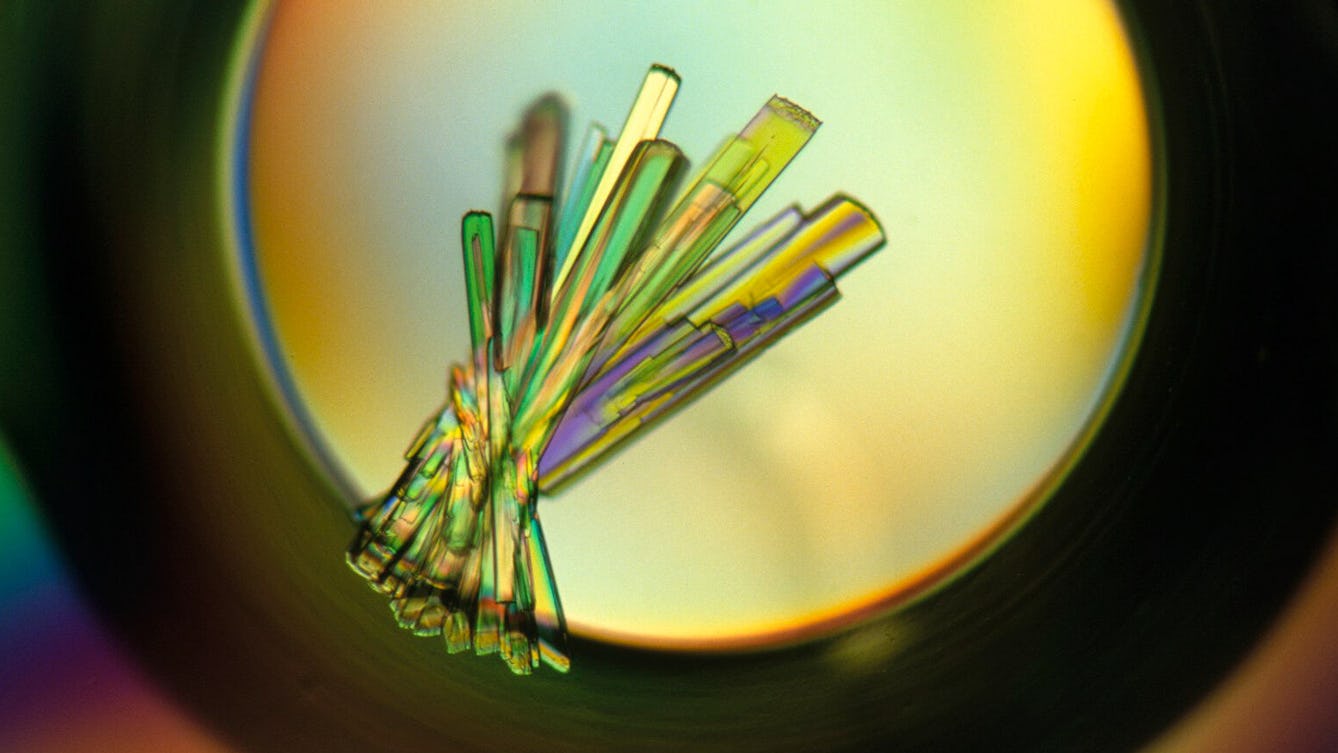
- Article
- Article
Why gene editing can never eliminate disability
In a world where DNA testing and gene editing offer ways to eliminate certain disabilities, Jaipreet Virdi explores a more accepting and inclusive approach.
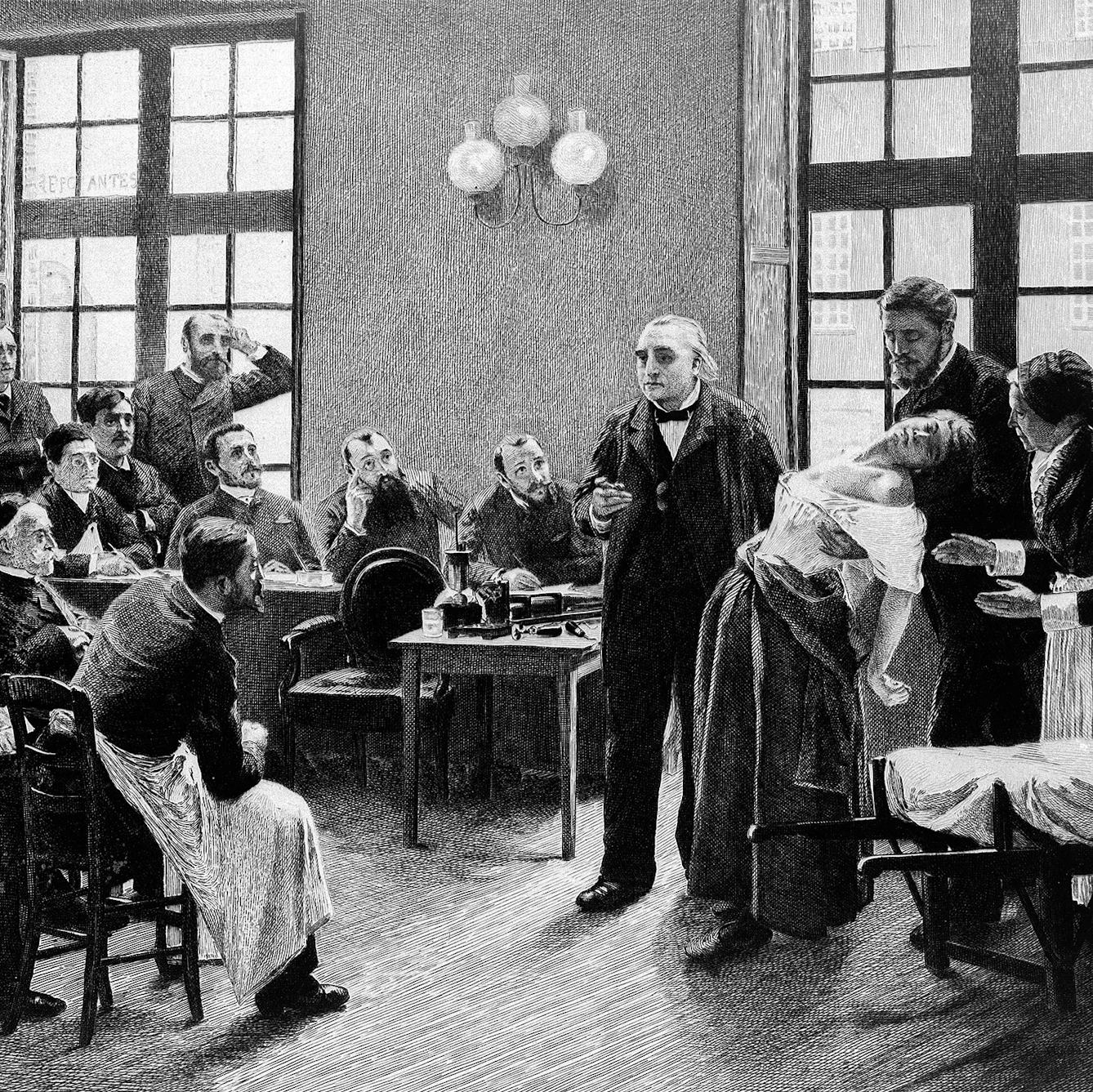
- Article
- Article
What is hysteria?
Hysteria has long been associated with fanciful myths, but its history reveals how it has been used to control women’s behaviour and bodies
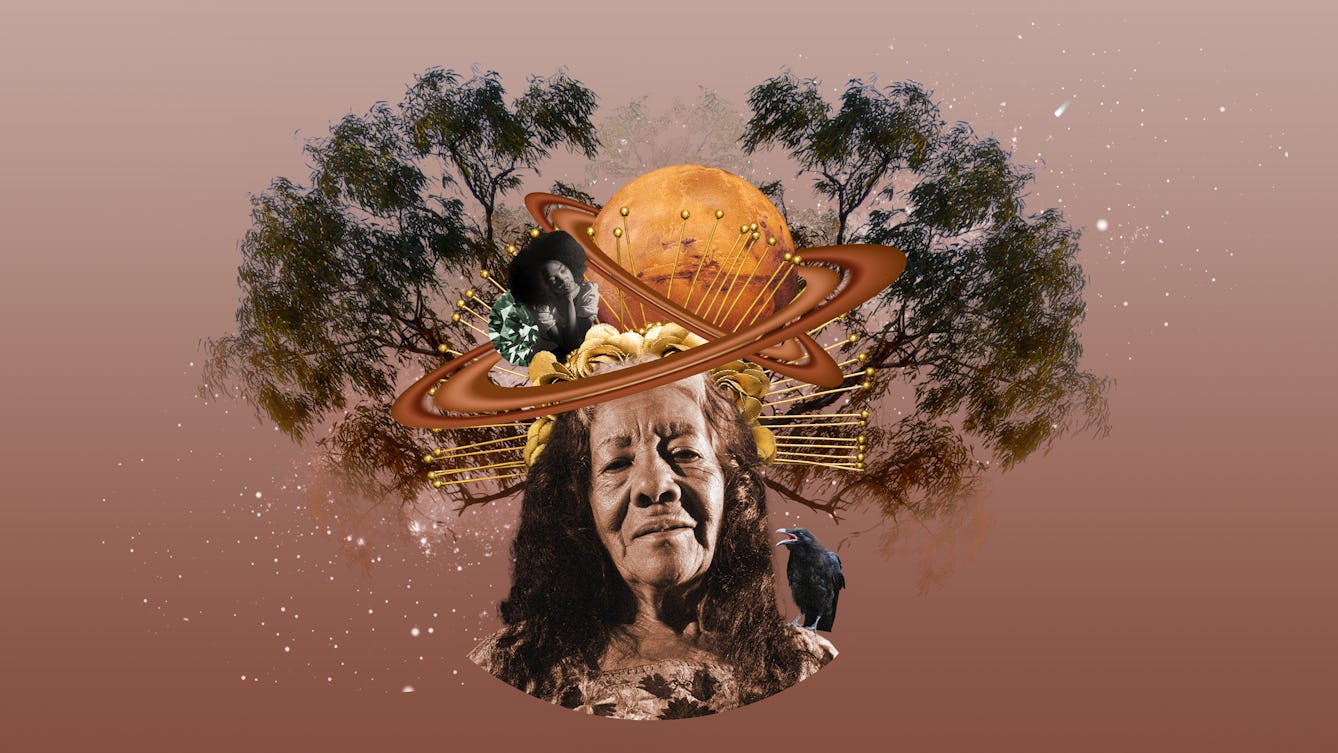
- Article
- Article
Crones
Menopause can be tough when nobody talks about it and all the stereotypes are negative, but it can also be transformative, marking the start of a new stage of life - cronehood.

- Article
- Article
The birth of the public museum
The first public museums evolved from wealthy collectors’ cabinets of curiosities and were quickly recognised as useful vehicles for culture.

- Article
- Article
The politics and power of audio-description
Traditional theatre audio-description often lets down artists and audiences. But, done well, it has the potential to be a force for creativity as well as accessibility.
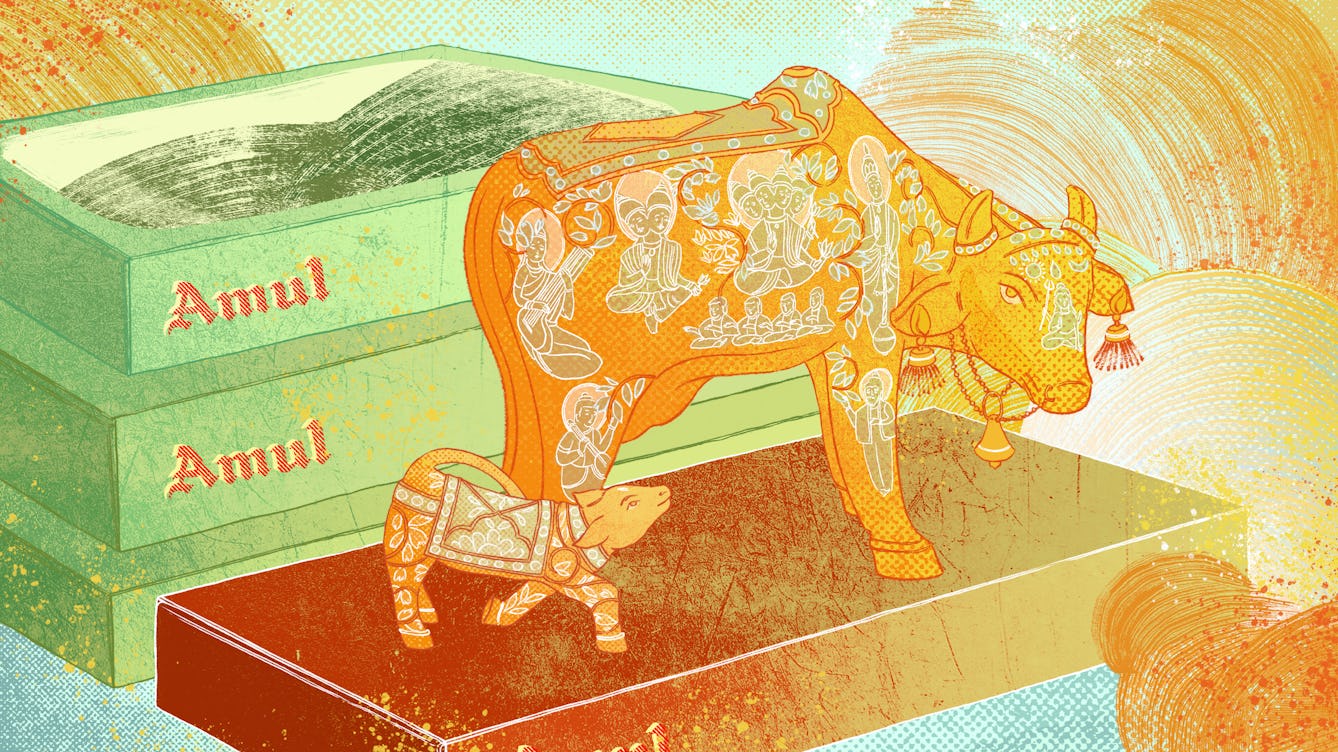
- Article
- Article
Sacred cows and nutritional purity in India
Apoorva Sripathi explores the complex reasons behind India’s recent boom in all things dairy – beginning with a 1970s Western food-aid programme.

- Article
- Article
The enduring myth of the mad genius
There’s a fine line to tread between creativity and psychosis.

- Article
- Article
The seizure dog
Aparna Nair's dog Charlie made her feel safe in the world. His uncanny ability to sense when she was about to experience a seizure also gave her an unexpected ally in her struggles with epilepsy.
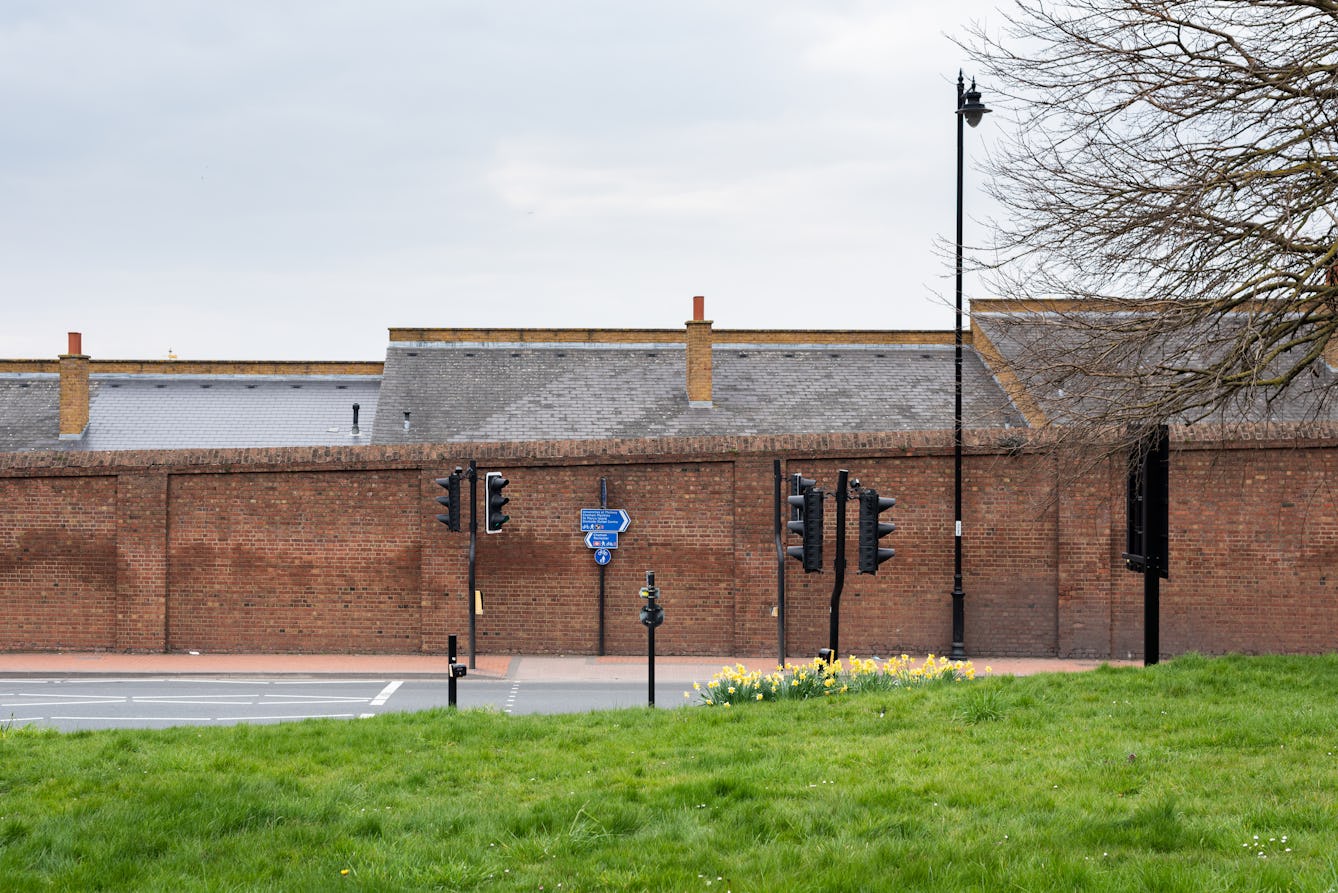
- Article
- Article
Chasing spring
Isabella Kaminski reflects on a transformative journey that saw her cycle the length of the UK, tracking the first signs of spring. She explores what the changing seasons can tell us about ourselves and the climate crisis.

- Article
- Article
Intelligence testing, race and eugenics
Specious ideas and assumptions about intelligence that were born during the great flourishing of eugenics well over 100 years ago still inform the British education system today, as Nazlin Bhimani reveals.

- Article
- Article
Searching for a place to call home
Wherever she’s lived, Tanya Perdikou has rarely felt at home, and numerous moves have perpetuated a sense of disconnection. But signs from nature offer powerful moments of connection.

- Article
- Article
Mask, ritual and fertility
Today many of us learn about fertility, conception and pregnancy online. But that wasn’t always the way. Discover how masks and rituals played an important educational role.

- Article
- Article
Providing care across languages
When medics are taught in English but their patients speak other languages, effective communication becomes fraught. Niyoshi Shah explores the linguistic gaps between patient and doctor.

- Article
- Article
A history of mindfulness
Matt Drage questions how an ancient religious practice became a secular cure for stress.

- Long read
- Long read
Rehab centres and the ‘cure’ for addiction
Guy Stagg takes us on a brief history of rehab centres and their approaches to addiction and recovery.
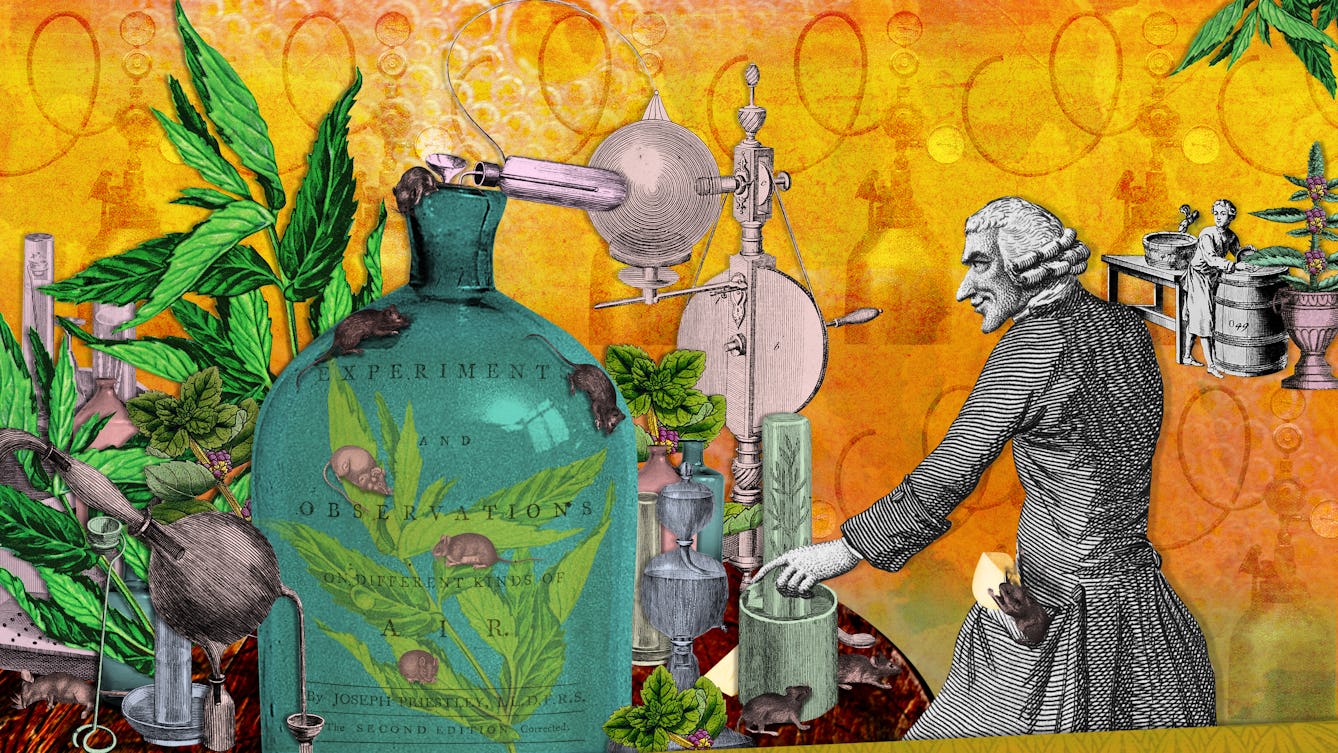
- Article
- Article
What is air, and how do we know?
Watching bubbles in fermenting beer led 18th-century scientist Joseph Priestley to invent sparkling water – and to discover that different gases make up the air we breathe.

- Article
- Article
Coasting to catastrophe
In climate change, everything – and everyone – is connected. The watery process that will gradually cut off the Isle of Thanet from the British mainland has begun, and everyone in the UK needs to pay attention.

- Article
- Article
Sick of the theatre
What makes the stage a good place to share real-life experiences of ill health?